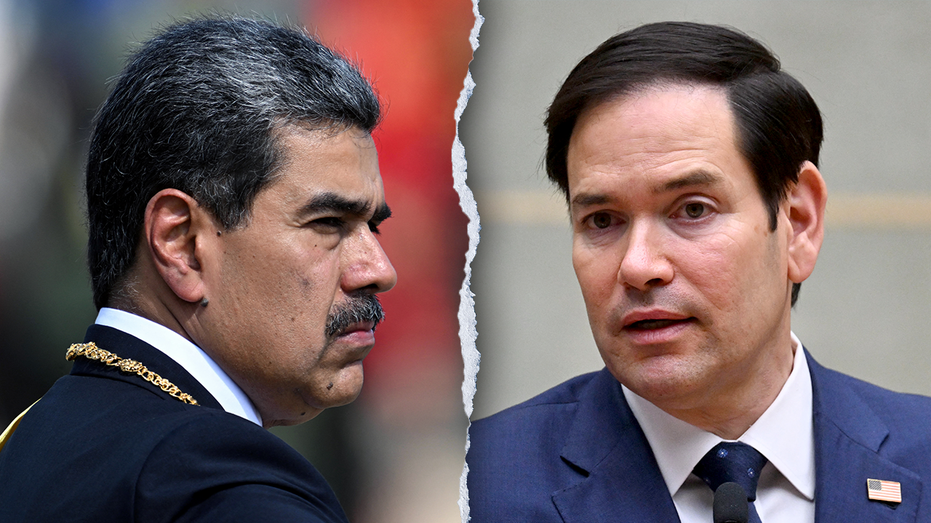Beneath the surface of seemingly ordinary student life, a quiet current of activism flows through many university campuses. The Union Programming Council, presented as a simple student club organizing events, operates with a deeper purpose – one tied to funding and a specific vision of inclusivity.
The university describes the Council as a resource provider, guided by a university advisor who helps bring student-led event ideas to life. But the events themselves aren’t simply for entertainment; they are strategically designed to raise money for The Union Scholarship Fund.
This fund, the university explains, is intended to “support historically underrepresented students” – a phrase often associated with Diversity, Equity, and Inclusion (DEI) initiatives. It’s a carefully chosen description, hinting at a broader agenda beyond typical student fundraising.

The persistence of such programs reveals a fascinating dynamic within higher education. Even in states considered politically conservative, universities often maintain a strong commitment to progressive ideologies and projects.
Efforts to curtail these initiatives, even at the highest levels of government, haven’t fully stemmed the tide. Despite policy changes aimed at limiting DEI and “woke” ideology on campus, some institutions continue to pursue these agendas.
This raises a critical question: are universities truly neutral spaces for learning, or do they function, in many instances, as centers for ideological shaping? The actions of groups like the Union Programming Council suggest a more complex reality than often acknowledged.
The story isn’t about right versus left, but about transparency and the subtle ways values are embedded within the structure of university life. It’s a reminder that even seemingly benign student organizations can be powerful vehicles for promoting a particular worldview.





